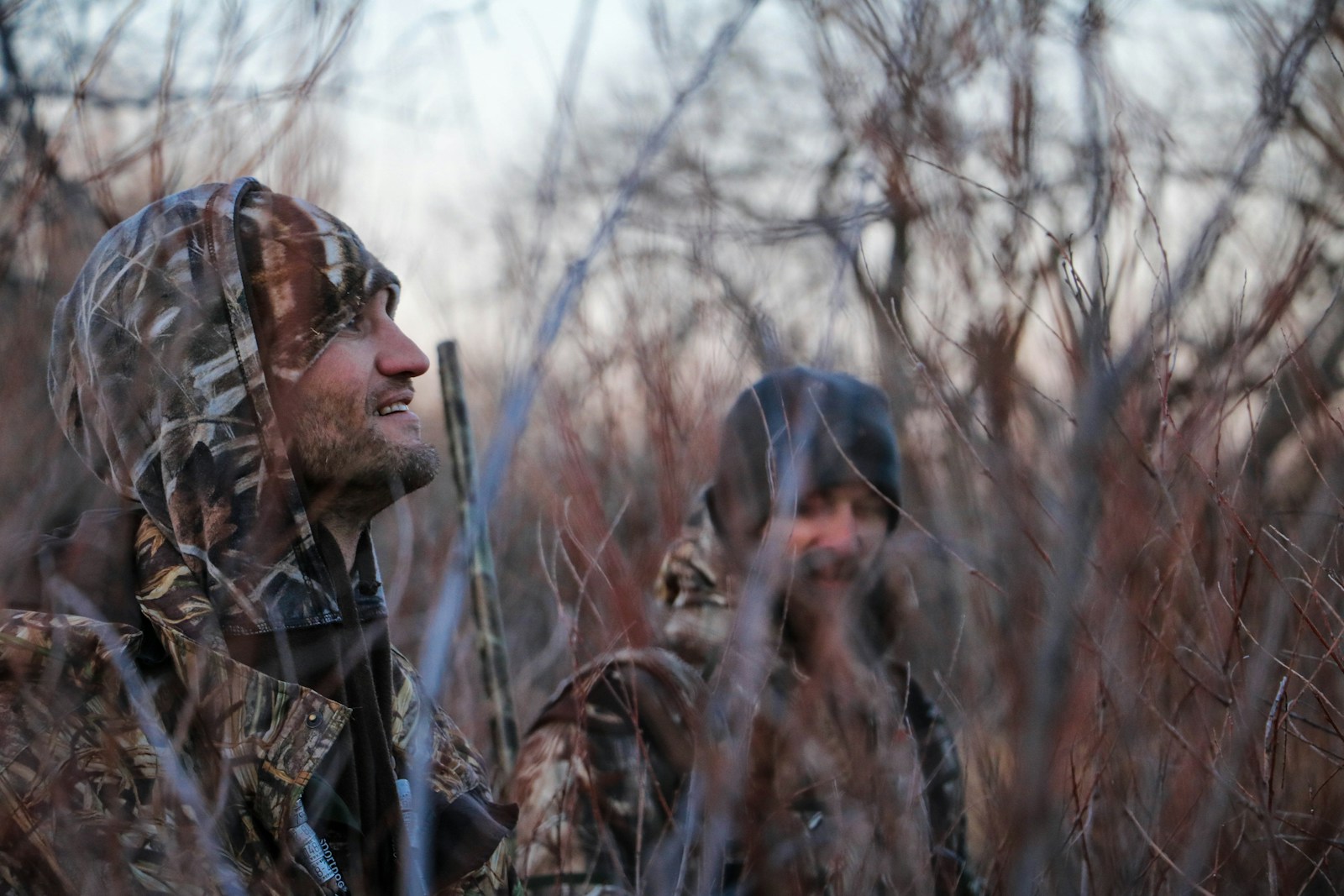If you’re anything like me, you probably love spending time in nature, soaking in the fresh air and relishing the thrill of the hunt. But let’s face it, hunting often gets a bad rap from those who don’t fully understand it.
Myth #1: Hunting is Cruel and Inhumane
One of the biggest misconceptions about hunting is that it’s a barbaric activity that causes unnecessary suffering to animals. But the reality is quite different. Responsible hunters strive to make clean, ethical kills, with the likes of an AR-15, ensuring that the animal doesn’t suffer unnecessarily. In fact, many hunters view hunting as a way to maintain balance in ecosystems and prevent overpopulation, which can lead to starvation and disease among animal populations.
Myth #2: Hunters Are Only Interested in Trophies
Sure, there are some hunters out there who are solely focused on bagging the biggest trophy they can find. But for the vast majority of us, hunting is about much more than just hanging a set of antlers on the wall. It’s about connecting with nature, providing sustenance for ourselves and our families, and experiencing the thrill of the chase. Plus, many hunters participate in conservation efforts and donate meat to those in need, demonstrating a deep respect for the animals they hunt.
Myth #3: Hunting Endangers Wildlife Populations
Contrary to popular belief, hunting can actually help conserve wildlife populations when managed properly. Through carefully regulated hunting seasons and quotas, wildlife agencies can ensure that animal populations remain healthy and sustainable. Additionally, hunting license fees often fund conservation efforts, such as habitat restoration and wildlife research, which benefit a wide range of species.
Myth #4: Hunting is Easy and Requires No Skill
Some people might think that hunting is as simple as pointing a gun and pulling the trigger, but seasoned hunters know that couldn’t be further from the truth. Hunting requires a combination of patience, stealth, and skill. It’s about understanding animal behavior, tracking patterns, and adapting to changing conditions. And let’s not forget the hours of practice required to become proficient with a firearm or bow. Hunting is definitely not for the faint of heart!
Myth #5: Hunting is Bad for the Environment
While it’s true that hunting can have environmental impacts if not properly managed, responsible hunters are often the biggest champions of conservation. By supporting habitat preservation, sustainable land management practices, and wildlife research, hunters play a crucial role in protecting the environment for future generations. Plus, hunting helps control populations of certain species that can damage ecosystems and threaten native wildlife.
Myth #6: Hunting is a Male-Only Activity
Gone are the days when hunting was strictly a man’s domain. Today, more and more women are getting involved in hunting, bringing their own unique perspectives and skills to the sport. Whether it’s bonding with family members in the great outdoors or simply enjoying some solitude in nature, hunting knows no gender boundaries. So, ladies, grab your gear and join the hunt!
Myth #7: Hunters Don’t Care About Animal Welfare
This couldn’t be further from the truth. Most hunters have a deep respect for the animals they pursue and go to great lengths to ensure a quick, humane kill. Many hunters also participate in conservation efforts and support organizations dedicated to wildlife protection. After all, it’s in our best interest as hunters to ensure that animal populations remain healthy and sustainable for future generations to enjoy.
Myth #8: Hunting is Harmful to Non-Target Species
Some critics argue that hunting poses a threat to non-target species, such as birds or mammals that may inadvertently be injured or killed in the process. While it’s true that accidental captures can occur, responsible hunters take measures to minimize collateral damage. Techniques like selective harvesting and using non-toxic ammunition help reduce the risk to non-target species, ensuring that hunting remains as sustainable and ethical as possible.
Myth #9: Hunting is Unnecessary in Modern Society
In today’s world of supermarkets and fast food, some people question the need for hunting as a means of acquiring food. However, for many hunters, there’s a deep satisfaction that comes from harvesting their own meat, knowing exactly where it came from and how it was obtained. Plus, hunting provides a connection to the natural world that can be difficult to find in our increasingly urbanized society. So while it may not be a necessity for everyone, hunting still holds great value for those who choose to participate.
Myth #10: Hunting is Only About Killing
Perhaps the biggest misconception of all is that hunting is solely about taking the life of an animal. In reality, hunting is about so much more than that. It’s about spending time outdoors, observing wildlife in its natural habitat, and experiencing the beauty and wonder of the natural world. It’s about connecting with friends and family, passing down traditions from one generation to the next, and fostering a sense of stewardship for the land and its inhabitants. So while harvesting game is certainly a part of hunting, it’s just one piece of a much larger puzzle.
Debunking the Myths, One Hunt at a Time
So, there you have it – some of the most common myths and misconceptions about hunting, debunked. The next time you hear someone spreading misinformation about hunting, set them straight with the facts.






